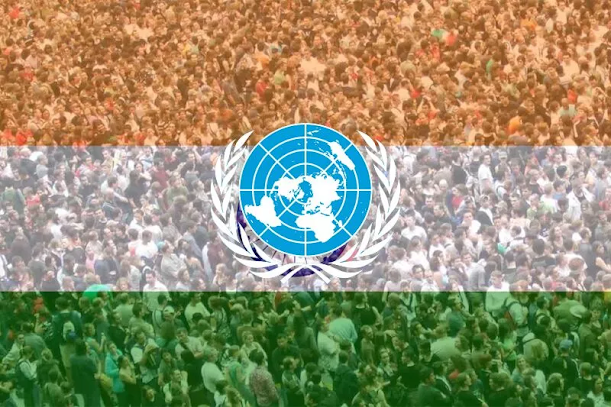UN Report Reveals India’s Population Growth: How Will it Affect Foreign Policy?
India is the world's second-most populous country, with a population of over 1.3 billion people. And according to a new report from the United Nations, India's population is expected to continue to grow rapidly in the coming years. While this is good news for India's economy and its people, it also raises important questions about how this growth could impact the country's foreign policy.
First, let's take a look at the numbers. The UN report predicts that India's population will reach 1.5 billion by 2030 and 1.64 billion by 2050. This means that India will continue to be one of the world's most populous countries, which could have significant implications for its relationships with other nations.
One of the main ways that India's population growth could impact foreign policy is by increasing the country's demand for resources. With more people to feed, house, and employ, India will need to import more goods and resources from other countries. This could lead to greater economic ties between India and its trading partners, but it could also create tensions if there are disputes over resources or if India's demand exceeds what other countries are willing or able to supply.
Another potential impact of India's population growth is on migration. As India's population grows, more people may seek opportunities and better living conditions abroad. This could lead to increased migration to other countries, which could in turn affect India's relationships with those nations. For example, if large numbers of Indian citizens migrate to a particular country, this could create cultural or economic ties that influence foreign policy decisions.
India's population growth could also affect its role in global affairs. As one of the world's most populous countries, India is likely to become an increasingly important player in international politics. This could give India more leverage in negotiations and a louder voice in global debates, but it could also create more pressure for India to take a leadership role on issues like climate change or global security.
So, how will India's population growth ultimately affect its foreign policy? The answer is complex and multifaceted. While there are certainly challenges and potential risks associated with population growth, there are also opportunities and benefits. Ultimately, how India navigates these issues will depend on a range of factors, including its domestic policies, economic conditions, and diplomatic relationships with other countries.



Comments
Post a Comment